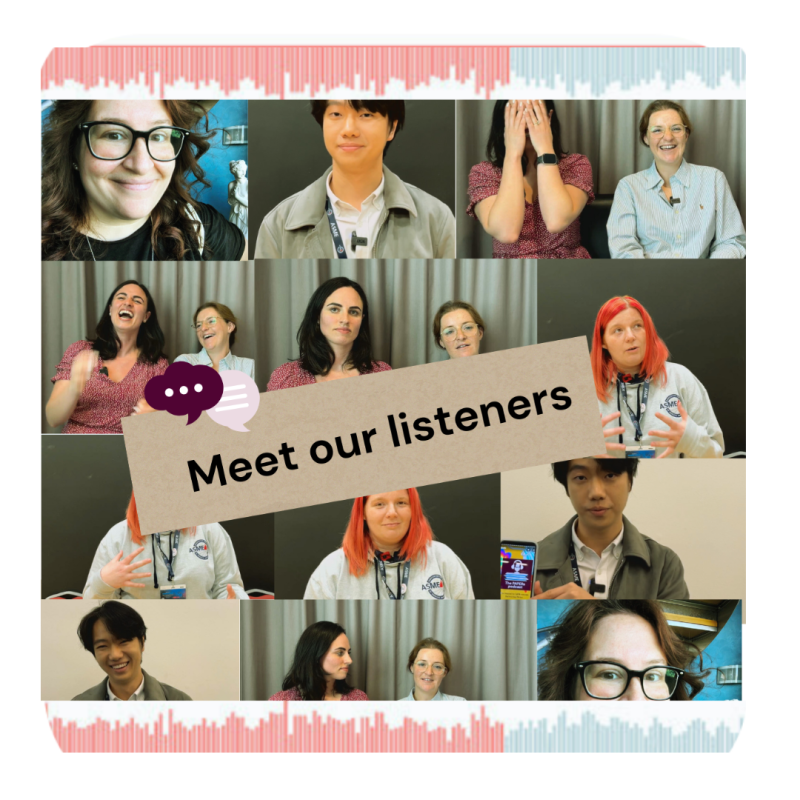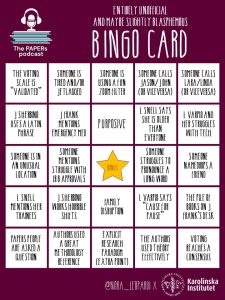We had the honour of asking you why you listen to the Papers Podcast. Here is the result.

“There’s so much literature out there. Having it brought to you in a bite-sized format is amazing”
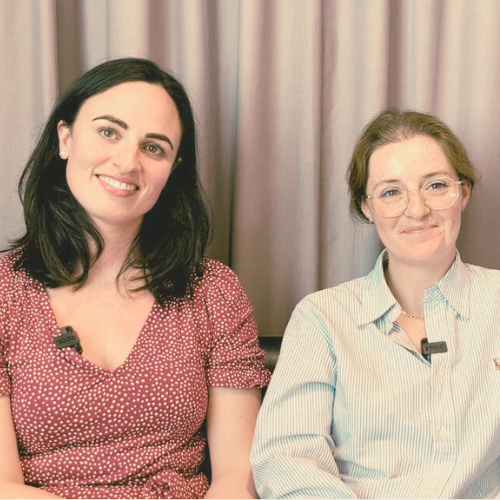
“It’s useful to have the podcast to expose me to stuff I would never have read or heard about or come across unless you go to a conference and go into a session”
Eleonora (Nora) Leopardi
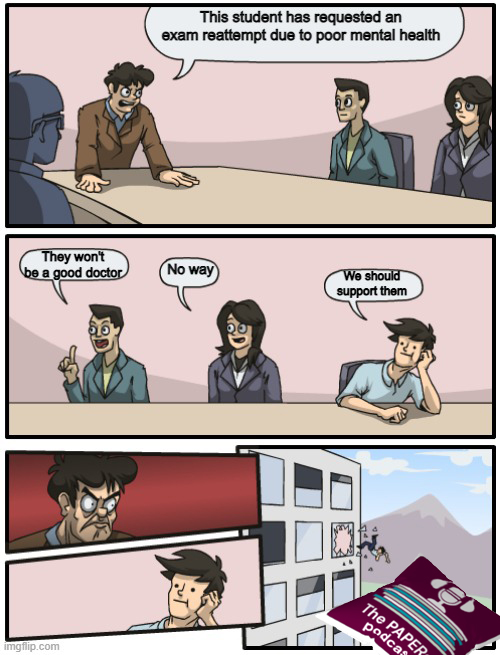
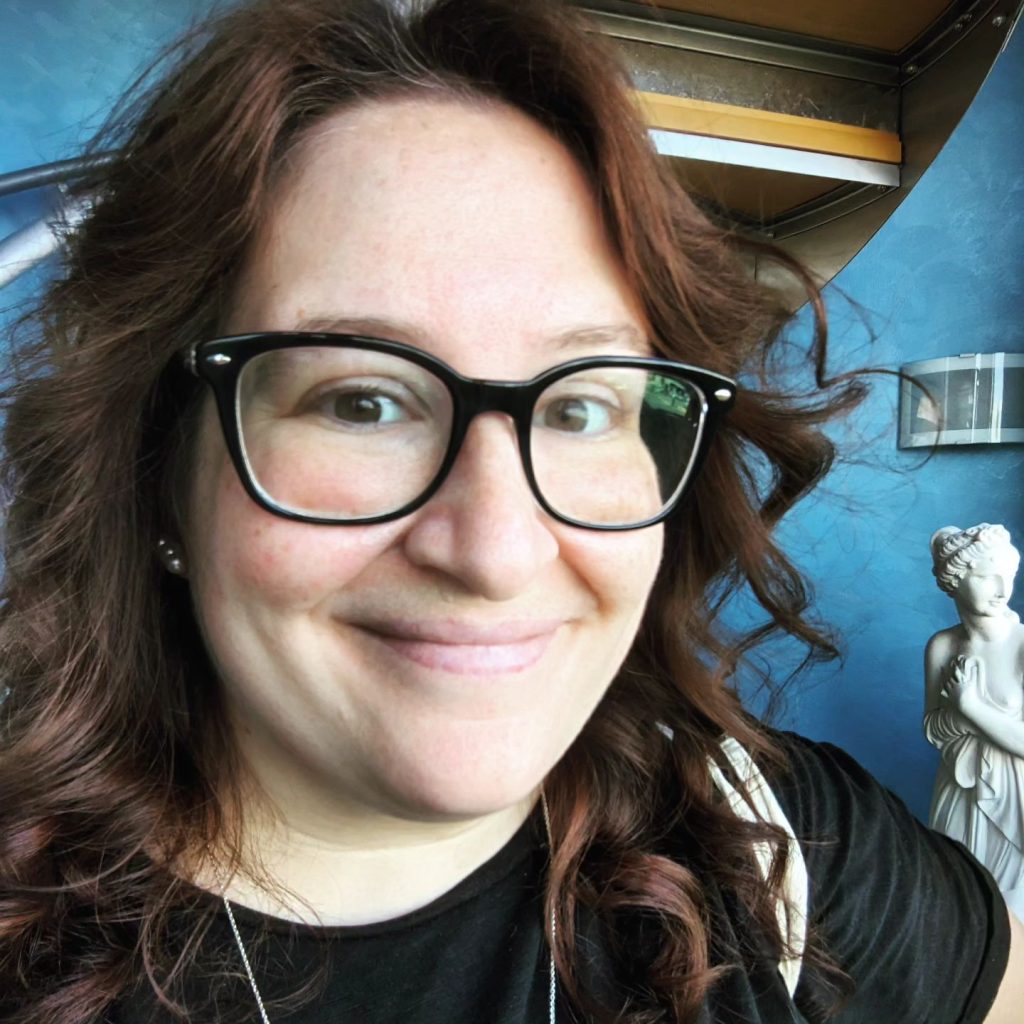
Eleonoras favourite Papers episodes
Hi Eleonora! How did you first discover the PAPERs podcast, and what made you hit ‘play’?
The former Professor of Medical Education recommended KeyLIME to me when I started my PhD, and I was very tired of listening to re-runs. That’s why I was SO EXCITED when Dr J Frank tweeted that their new podcast had started! I haven’t missed a single episode so far, and I recommend various episodes to my HPE students regularly.
What’s your favorite episode of the PAPERs podcast so far, and why?
I think the Mystery of the Missing Milestone Outcomes and The Great Debate: Education’s ROI on Patient Health are my equal favourites, because they delve deep into what it means to assess, and how challenging it is to do our education work. It’s virtually impossible to measure how we are actually making a difference, but we know we are, right? Otherwise we’d all quit our jobs and do something else. Since then, I reflected a lot on my role as an educator, and on what it means to me to have a positive impact on my students and on their future patients (see below).
Is there a medical education topic or research area you’d love to see covered in future episodes?
Probably Game-Based Learning and serious games/gamification. I don’t think it has been covered yet, but it is a pedagogical approach growing in popularity. Also, many institutions are shifting from PBL to TBL, but I don’t think there’s huge clarity around the value of TBL compared to PBL… Also, aren’t all these different structures bringing us further away from Self-Directed Learning, rather than fostering it?
How do you usually listen to the podcast?
Most episodes are the exact length of my commute, so the Wednesday morning commute soundtrack is the Papers Podcast day. Monday morning is true crime, Tuesday I work from home, Thursday morning I listen to paranormal podcasts, Fridays to pop music. On my way back, I listen to the Italian news. Haha!
What’s the most interesting or surprising thing you’ve learned from the PAPERs podcast?
A lot of my learning from the Papers Podcast is about methods and methodologies. I recently had to go back and read about content analysis vs thematic analysis. Also, I try to read more on all the theories mentioned, and to keep them in my back pocket for future research. I don’t think I learnt anything too surprising, but I am always very happy to hear the banter and laughter from these amazing, accomplished scholars. It humanises the icons of our field. Also, knowing that Lara Varpio struggles with technology makes me want to go help her out.
Has the podcast influenced your teaching or learning style in any way? If so, how?
Yes. Following from the reflections on assessment I described above, I started seeing my role as an educator as a companion to the side of the learner as they tackle the incredibly hard journey of becoming a doctor, knowing that some parts of the path we set out for them are perhaps a little overengineered and more challenging than they ought to be. Instead, the episodes discussing inclusion (48, but also 19), mental health (30,63) , and juggling families and training (24) encouraged me to be the one to say “hold on, but why can’t we relax this rule in this case?” in academic committees. I don’t always get listened to… (see attachment)
If you could join the hosts for one episode, which topic would you want to discuss with them?
Probably memes. I’d prepare a series of memes from the ones students share, and ask them what they think they mean. Would they be able to get them? Or not? Can Lara help me figure out what would be the best way to analyse qualitatively these memes?
If you could describe the PAPERs podcast in three words, what would they be?
Thought-provoking, rigorous (except for the rating scale), joyful.
/Interview by Alex Alexandersson
Want more memes?
Eleonora will give a session at the Educational Congress 2-3 October at KI. “Do you know what I meme?”. Modern memes and their meaning: a metatextual performance (3 Oct). More info and program for the congress.
More about Eleonora
Eleonora created a PAPERs Bingo for the #33 – Holiday specials, take a look and why not challenge your colleagues!
Eleonora Leopardi on LinkedIn.
Dr Eleonora Leopardis profile at the University of Newcastle, Australia
Interviews from ASME 2024 – What does the Papers Podcast mean to you?
Interviews at ASME were conducted by Teresa Sörö.
Sarah Edwards
There’s so much literature out there. Having it brought to you in a bite-sized format is amazing.
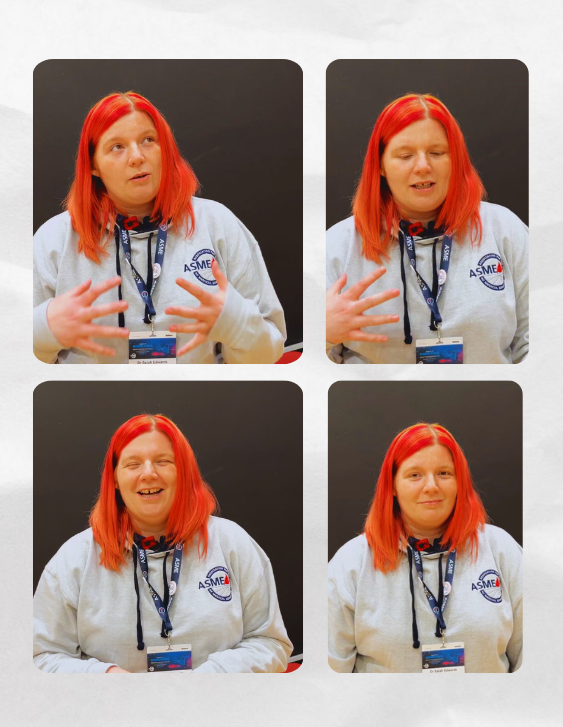
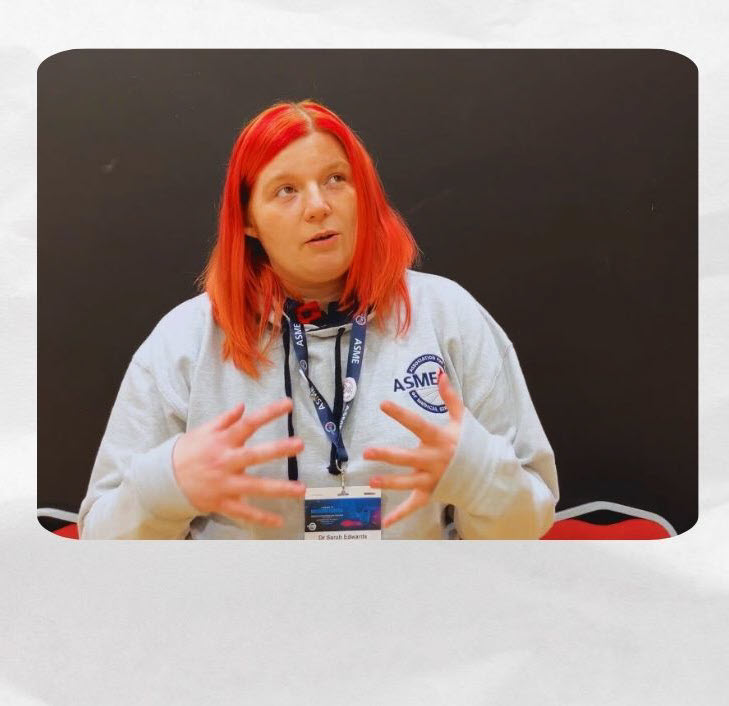
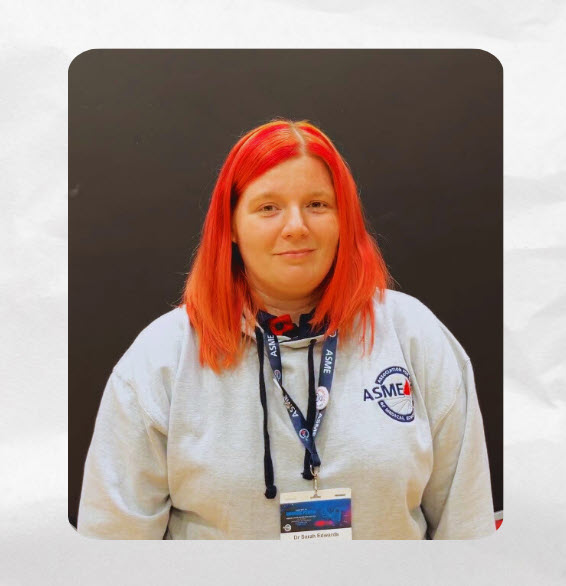
Sarah is an emergency medicine registrar, equivalent to a senior resident globally. She also dedicates time to medical education research whenever her schedule allows. Balancing her demanding role, Sarah also carves out time for medical education research.
On her commute, she tunes in to the Papers Podcast, which she describes as a perfect blend of knowledge and entertainment. “It’s on every week in my car when I drive to work. I listen to all the banter and fun and all that knowledge and hope I can remember it all without crashing my car,” she jokes.
What draws Sarah to Papers Podcast is its ability to distil vast amounts of medical literature into easily digestible pieces. “There’s so much literature out there. Having it brought to you in a bite-sized format is amazing,” she says. She appreciates how the podcast presents intriguing papers she might not have encountered, making the complex content accessible and engaging.
When asked about her research, Sarah reveals she has published several papers. The idea of having one of her papers featured on the podcast excites her. “I’d be fangirling if they picked my paper,” she admits, though she modestly questions whether her work is up to the mark.
As for improvements, Sarah only wishes for more episodes, though she understands the constraints. “I’d love more, but I think you’ve got the pitch just right.”
Cara Bezzina and Lisa-Jayne Edwards
It’s useful to have the podcast to expose me to stuff I would never have read or heard about or come across unless you go to a conference and go into a session.
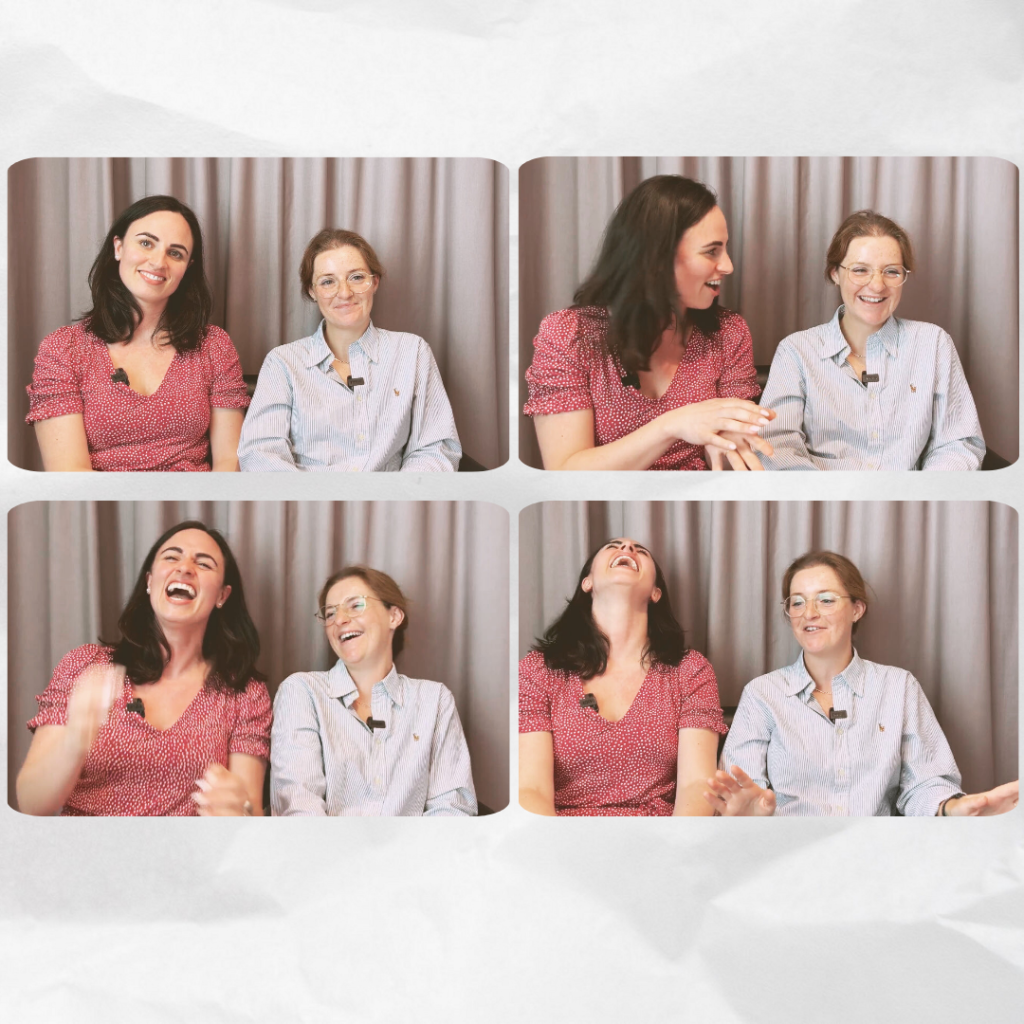
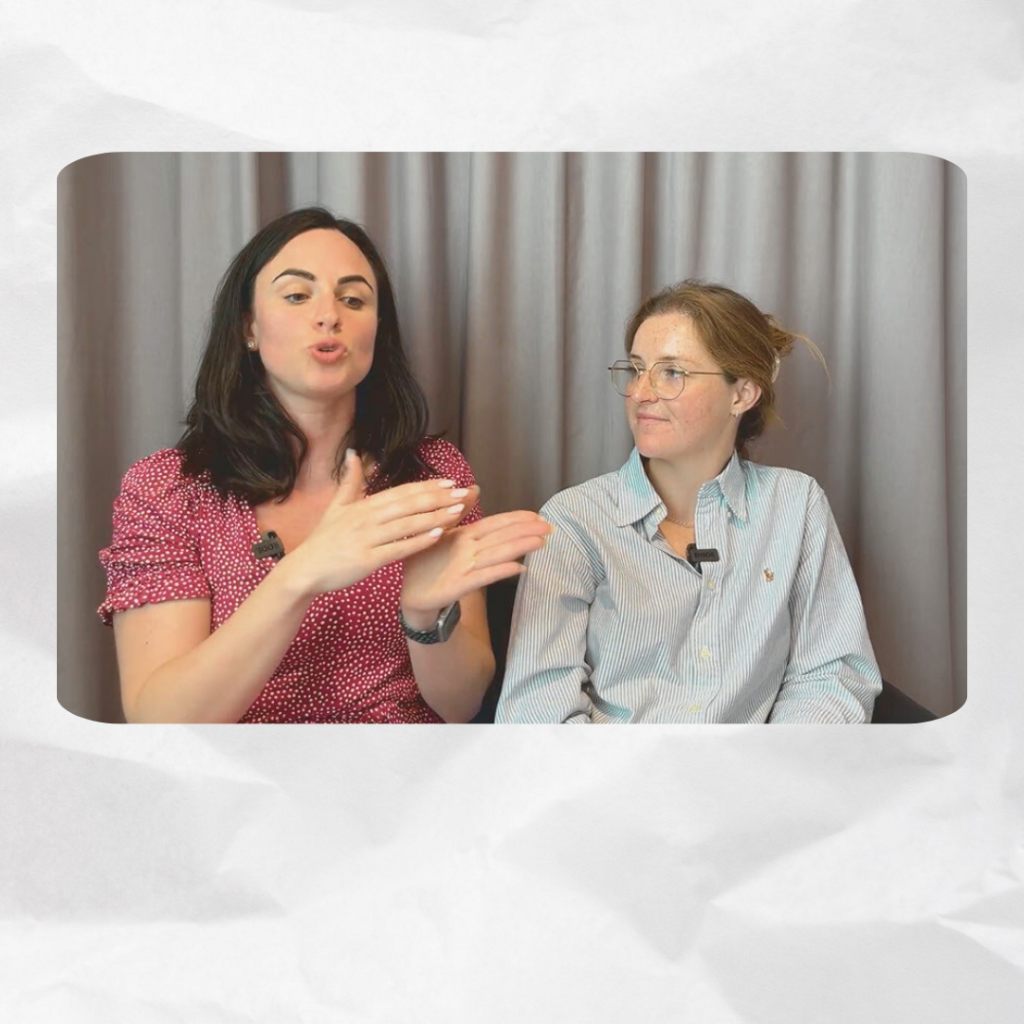
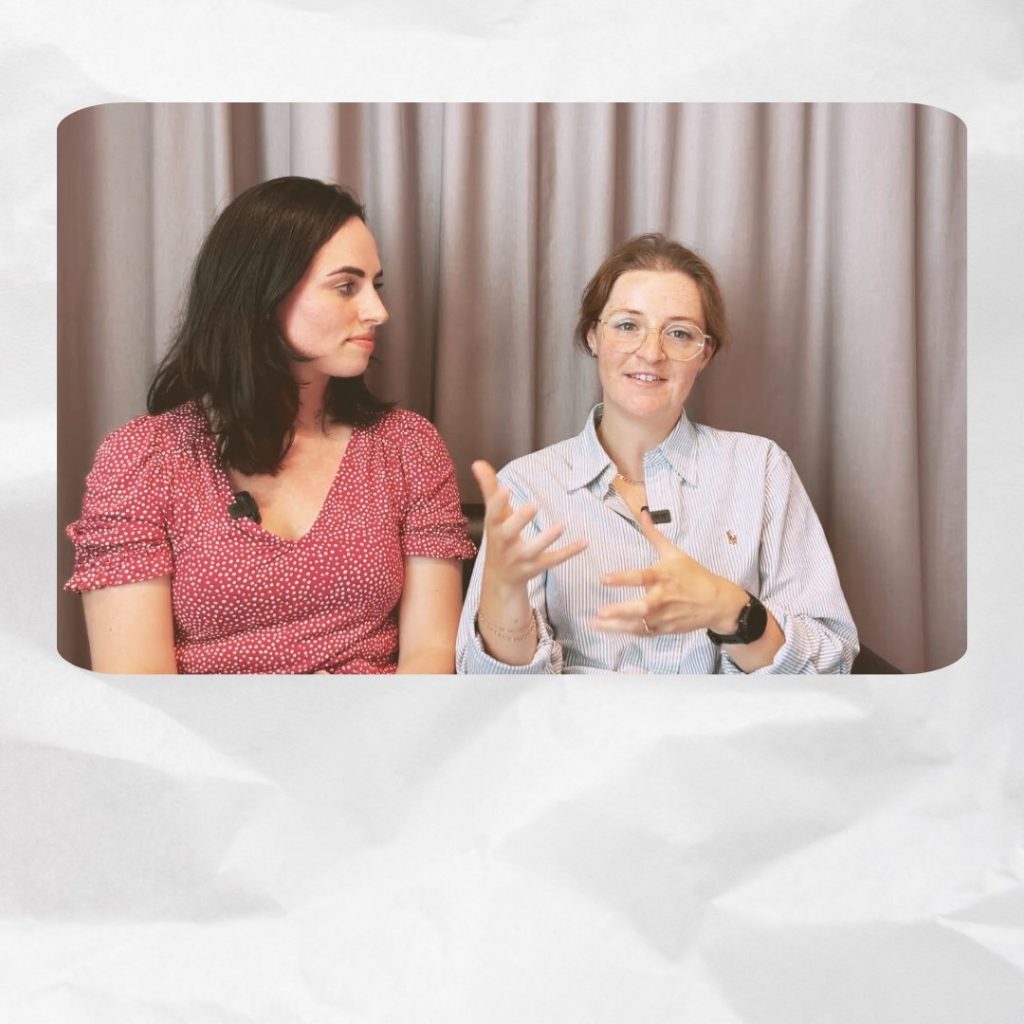
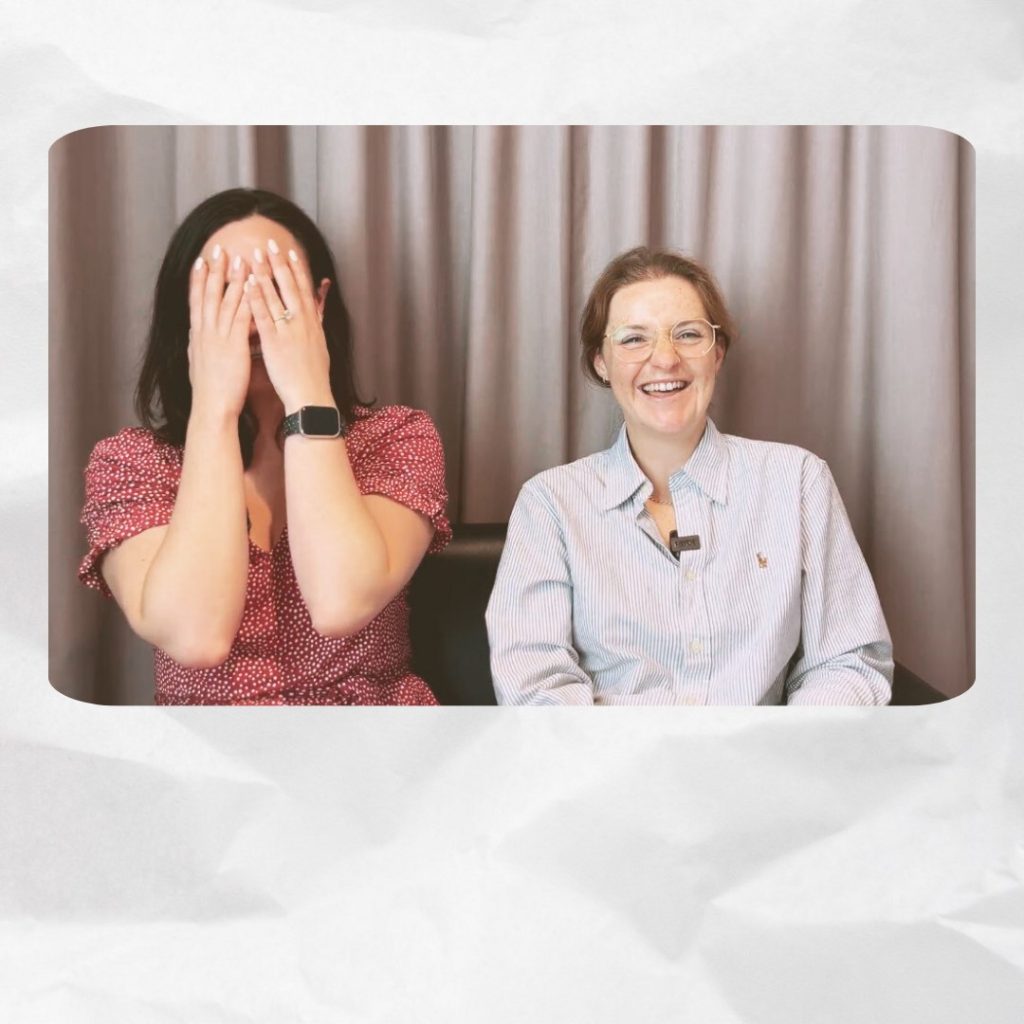
Cara, a GP and academic fellow, uses the podcast in different but equally impactful ways. During her own master’s studies, Cara found that listening to The Papers Podcast became an essential part of her daily routine. “I would put it on as I walked out the door and listened throughout my commute,” she recalls. This habit not only kept her informed about the latest developments in medical education but also provided motivation.
One episode, in particular, stood out to her. It involved a debate over a qualitative paper, which directly aligned with her master’s research on reflexive thematic analysis. Cara recalls, “Lara said something, and I thought, ‘Oh my goodness, that’s the answer!’” This moment exemplifies how the podcast became more than just a source of information—it was a tool for learning and inspiration.
What Cara appreciates most about The Papers Podcast is its accessibility. It breaks down the notion that only those with PhDs or professorships can critique literature. “Listening to their debate, I often found myself thinking, ‘Exactly!’” she says, illustrating how the podcast empowers listeners to engage with complex topics in a meaningful way.
Lisa-Jayne is currently training to become a General Practitioner (GP) or a family physician and also works as an educator at a university. Like many in the medical field, she finds engaging with medical education literature challenging outside her immediate responsibilities. While she once completed a master’s degree and aspires to pursue has aspirations of pursuing a PhD like her colleague Cara, Lisa-Jayne admits that she doesn’t often dive into the literature unless directed.
This is where podcasts, particularly those focused on medical education, have become a valuable resource for her. “The podcast exposes me to ideas I wouldn’t have come across unless I attended a conference,” Lisa-Jayne shares. It’s almost like bringing the conference experience directly to her—convenient and accessible, fitting seamlessly into her busy life.
Jun Jie Lim
Every week, I look forward to a new episode!
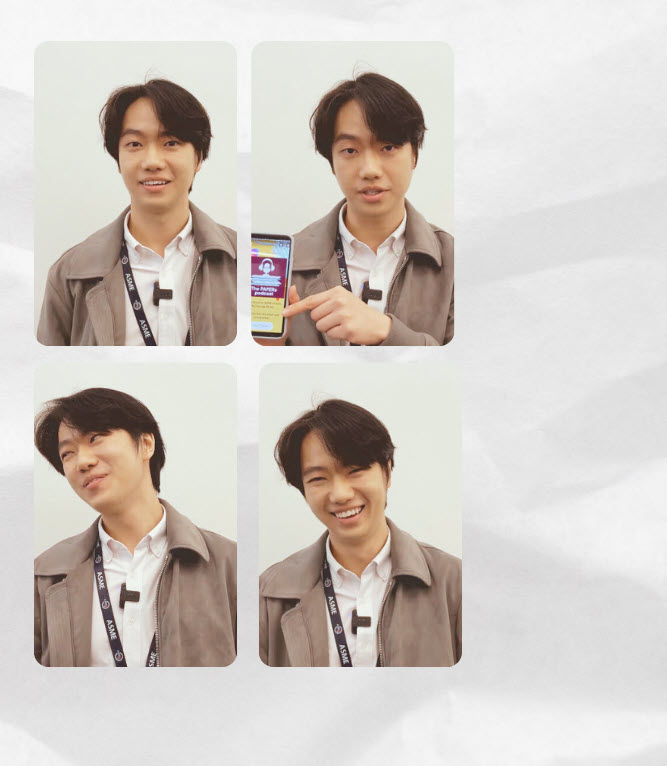
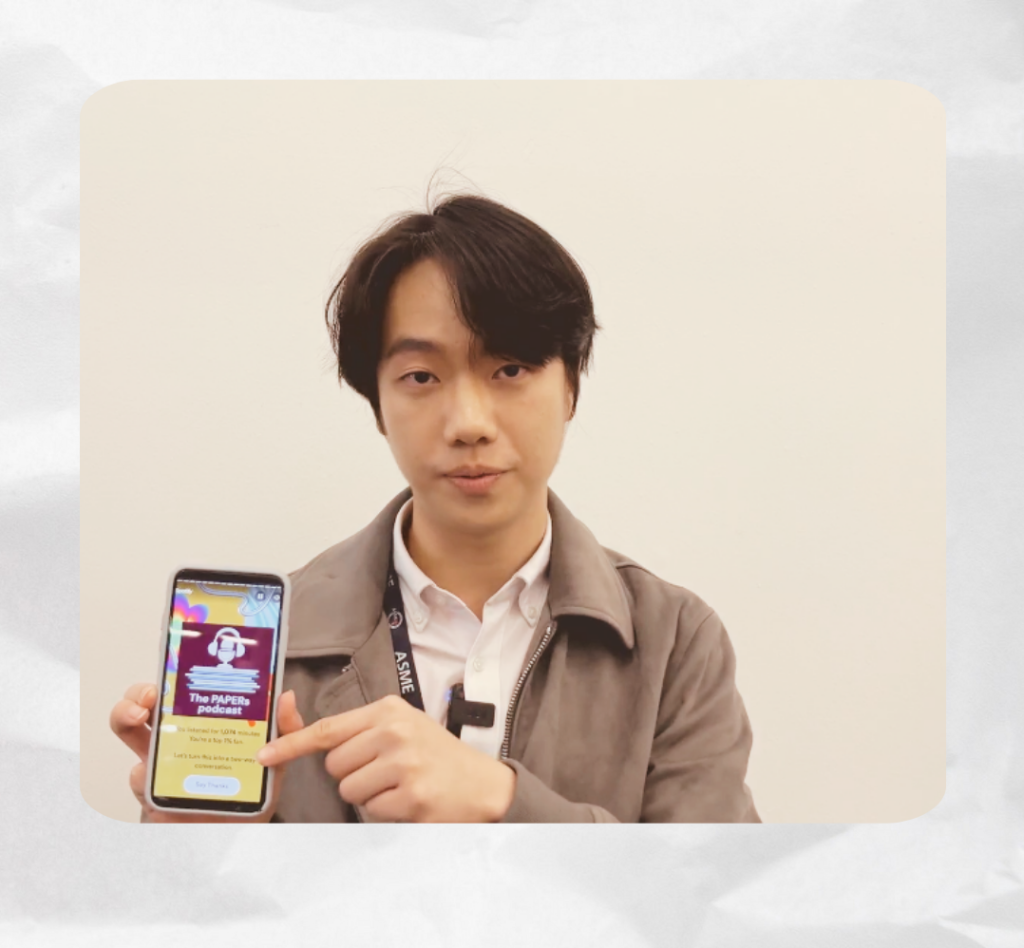
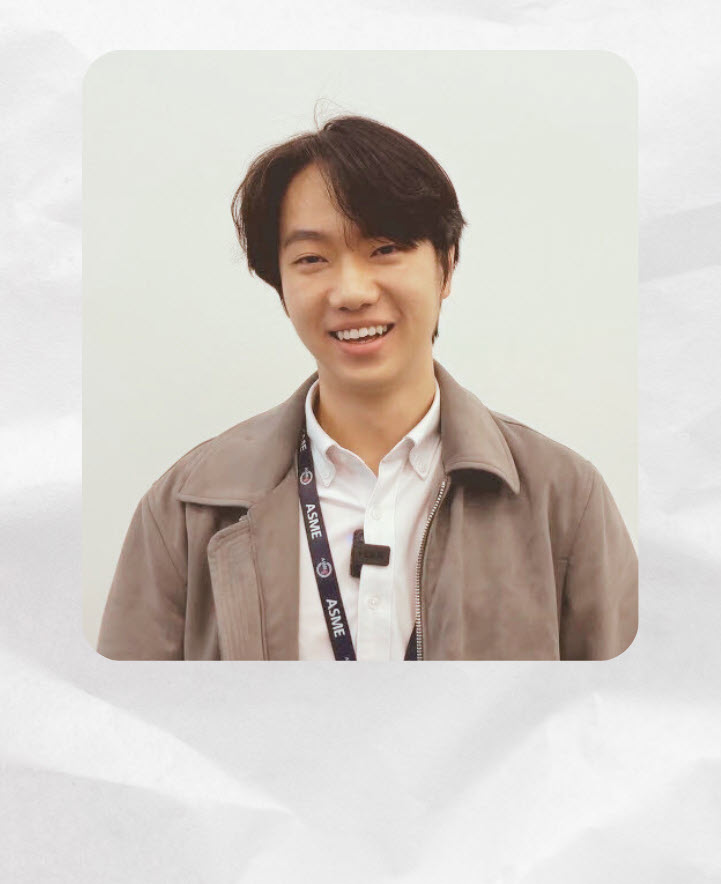
Jun is pursuing an academic foundation program in medical education. He first encountered the Papers Podcast at the AMEE conference in Glasgow last year.
Attending ASME 2024 was a unique experience Jun says, particularly for the chance to see the Papers Podcast team in action. For him, it felt almost like attending a concert—surreal and exciting to see the hosts in person. “One of the biggest reasons I came to ASME 2024 was to see Papers Podcast members and crew live in action”, he says.
Balancing life as an F1 in both clinical work and academia can be challenging, he says, often feeling overwhelming and isolating. But the Papers Podcast offers a sense of community, a comforting presence in the form of the hosts, Jason, Jon, and Lara. Jun describes Papers Podcast as a “warm hug,” filled with inside jokes about Jon, Lara’s IT skills, and Jason’s signature hat.
It’s not just about humor, though—it’s a sense of fellowship and support. “It just brings so much joy and remind me that I’m not alone in this field of medical education scholarship, that there’s community out there for me to relate to. And the podcast just gave me a lot of support in my own journey.”, Jun says.
When it comes to what makes a good episode, Jun thinks it’s all about a solid paper and Lara’s insightful tips during her “mini methods consults.” Of course, the light-hearted teasing of Jon adds to the fun. Jun can’t think of any topics that’s missing. “Every week, I look forward to a new episode!”
What stands out most about the podcast, he says, is the dedication of the team. Jun finds it impressive that four busy academics and clinicians manage to produce such a high-quality podcast consistently every week. “I think it’s really impressive that four really busy academics and clinicians are able to produce a podcast with that high quality consistently every week”, he says.
Listener feedback from comments
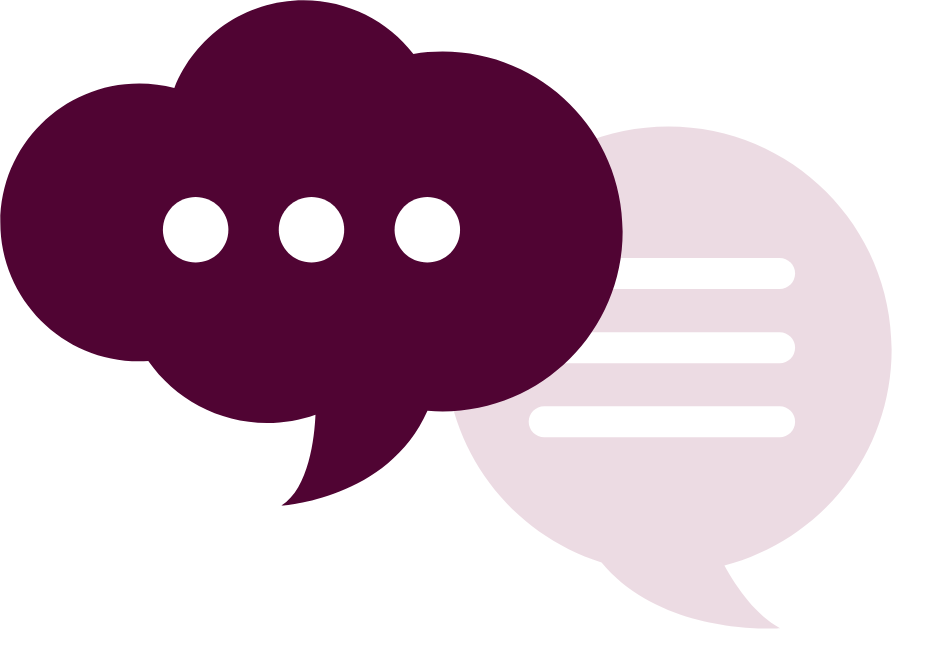
“Dear Jason,
Thank you for Episode #72 of the Papers podcast, which offered an insightful summary of the core principles of competency-based education (CBE). Condensing the complexity of this concept into a 20-minute discussion is undoubtedly a formidable task. CBE appears to be aimed at achieving two conceptually distinct outcomes: ensuring minimal vocational competence and preparing learners to navigate the complexities of future clinical practice. However, the Van Melle framework seems insufficient in bridging these goals, particularly in the context of the intricate and dynamic environments of healthcare education and practice. (…)”Read the full comment on episode 72
– Derek Louey.
(2024-11-16)

“You all do really great work, I use your podcast in my introduction to HPE class in French, it’s a nice way to get people to think and discuss about research on the domain.”
“Great new type of episode, it’s a bit like the theoretical framework one, it explains a complex conceptual tool to help us think a bit more broadly about our practice. Maybe it could be a new category “tools and ways of thinking”? Anyhow, great job at introducing a useful tool to think about design and planning of faculty development, Thanks.”
– Geneviève G.
(2024-09-04)

“I wanted to let you know how much I value the work you do with the podcast- it has introduced me to papers I would not have otherwise read and has helped me to really think more deeply about how to appraise med ed literature, which inspires me to keep developing my own scholarly skills. And all the while you so this whilst keeping me highly entertained. I particularly enjoy hearing you negotiate your differing perspectives and the way you do so with humour that is always tempered by affection”.
– Liza K.
(2024-07-16)

“Thank you for another wonderful episode of the podcast! Listening on my way from work today and with a long day of discussing Evidence Based Medicine and the role of RCTs it was a nice breather to hear some reflections on qualitative research which is my home turf. So, to my question. I have a quiet shallow understanding of Bourdieu’s work and do not know what paradigm his theory of social capital is grounded in. (…) “
– Alexander T.
(2024-04-16)
Read full comment and answer on episode 48

“First, thank you for the great podcast! I’ve been listening to it for some months now and have found that your discussions widen my knowledge of HPE and surfaces critical reflection of my own research in the field. I just recently had the chance to catch up on some episodes and listened to this one yesterday. Something that has been discussed in my context (Lund University, Sweden) for some time now is how institutions value teaching competence and experience in relation to research when considering for example recruitment or promotions. I think it was Dr Linda Snell who briefly mentioned this during the podcast but never got the chance to explore the subject more. (…)”
– Alexander T.
(2024-03-20)
Read full comment and answer on episode 40
We would love to hear from you!
Your thoughts and opinions matter to us! Share your feedback, questions, or suggestions about our podcast. Drop us a message and let us know what you think. Who knows, your feedback might even get a shoutout in our next episode!
papers-podcast-tl@ki.se

